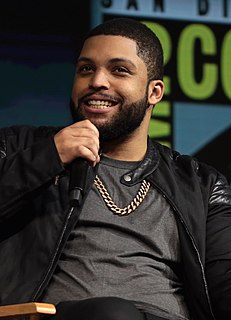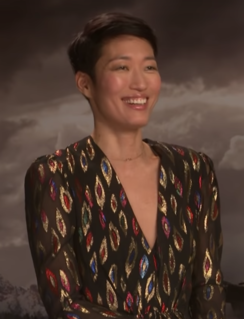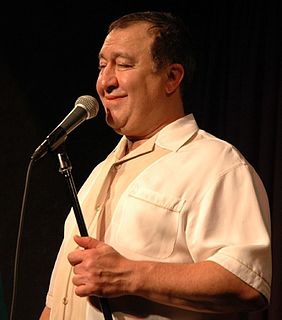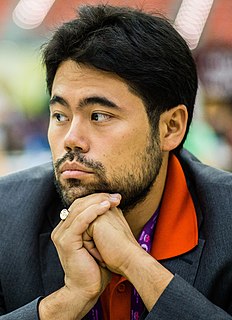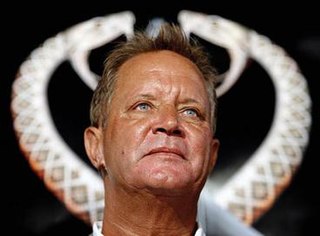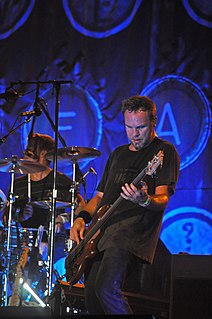A Quote by Josh Lieb
I thought I was going to be a poet when I was in college, but then I found out I was poor so I decided to do something I'd get paid for.
Related Quotes
When I was probably about 10 or 11, and I found it was simply something I could do. When you're at school and you do something and you get praised for it, you think, "Oh, right, well I'll do that." From then on, I always thought I'd be a writer. I thought novels at first, and then I sort of naturally drifted into TV.
When I was 19, I thought [Brokeback Mountain] was going to be the best movie ever made. And everyone was going to see it and it was just going to be incredible. And then nobody saw it and it didn't get bought at Sundance. And it was a really great experience. Humbling. And then it's since found its way.
At that point, I thought probably special effects, something like that, and indeed, the early days when I was working with my dad, after I left school, I only went to less than one year of college, and then I was transferring, and then I delayed my transfer, and I did a movie, and then another movie, and then I never finished college.




